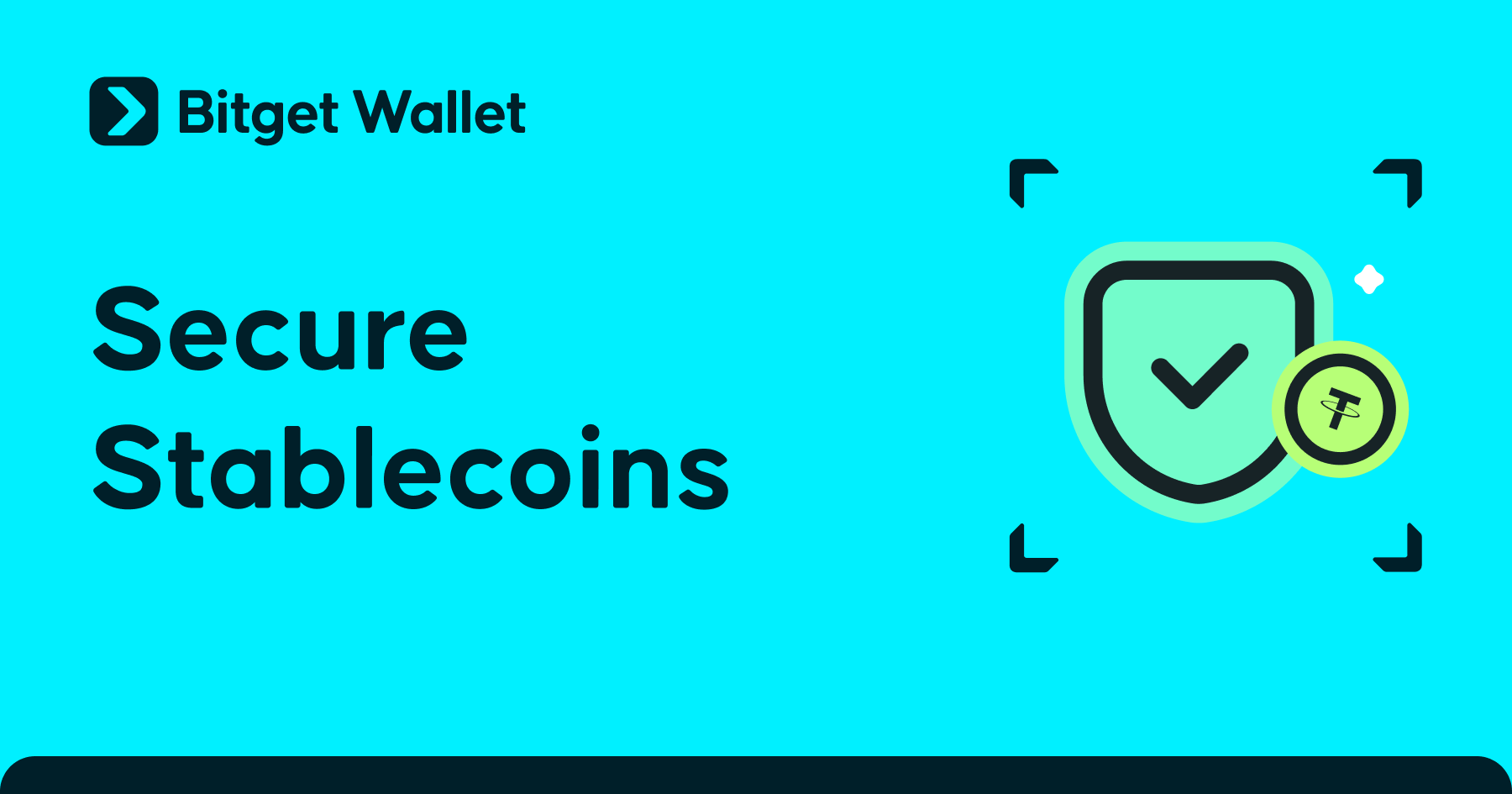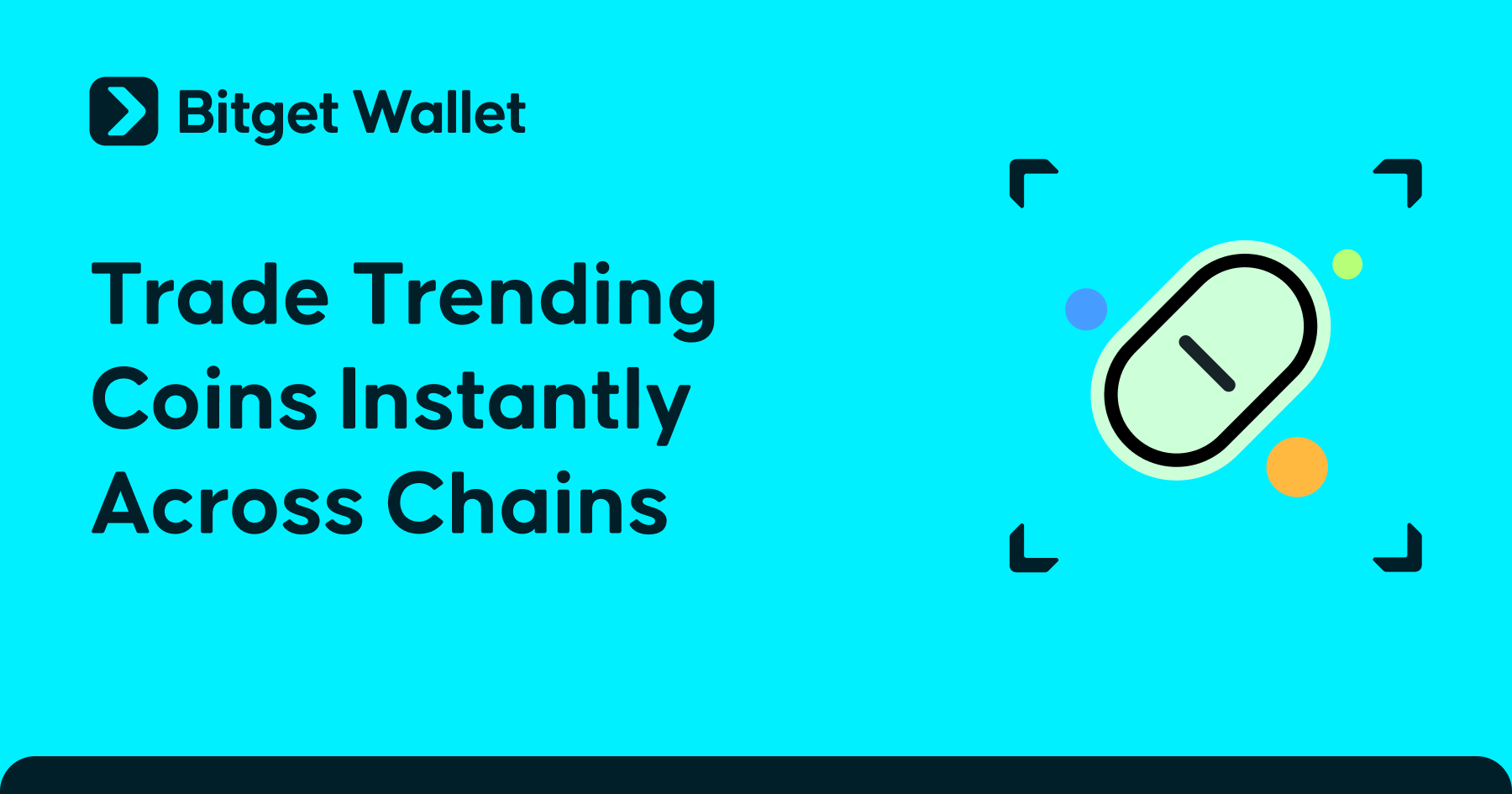What is Crypto Sharding and How Does It Work?

Crypto sharding is one of the most promising solutions to the scalability challenges in cryptocurrencies and blockchain technology. As blockchain networks like Ethereum continue to evolve and grow in popularity, they face increasing pressure from the limitations in their ability to process a high volume of transactions simultaneously. Sharding is specifically designed to address these issues, helping to alleviate strain on the network and pave the way for faster, more efficient blockchain systems. This innovation is critical as the blockchain world continues to expand, bringing about new developments to improve speed, security, and scalability.
Why Sharding: The Scalability Problem in Blockchain
To understand sharding, it's essential to first grasp the scalability problem that blockchain networks face. Blockchain technology relies on decentralized networks of nodes to validate and record transactions. Each transaction is broadcast to the entire network, where every node must independently verify the transaction before it is added to the blockchain. While this process ensures a high degree of security and decentralization, it also limits the network’s capacity to handle large volumes of transactions efficiently.
Related topic: What is the Blockchain Trilemma?
For example, Bitcoin, the first blockchain network, can process about 7 transactions per second (TPS). Ethereum, which supports more complex smart contracts, can manage around 15-30 TPS. In contrast, centralized payment systems like Visa can process thousands of transactions per second, which is a significant advantage when it comes to handling global-scale traffic.
As more users and decentralized applications (dApps) join blockchain platforms like Ethereum, the demand for higher throughput increases. This results in slower transaction times, network congestion, and higher fees. The scalability issue poses a significant hurdle for the mass adoption of blockchain technologies in areas such as finance, supply chain, and gaming. Sharding is one of the key innovations aimed at solving this problem.
What is Crypto Sharding?
Sharding is a technique borrowed from database management systems. It involves breaking up a large database into smaller, more manageable pieces called “shards”, each containing a subset of the data. In the context of blockchain, sharding refers to dividing the entire blockchain network into smaller, independent sections, or shards, each capable of processing its own set of transactions and smart contracts. Each shard acts as a mini-blockchain within the larger blockchain, allowing different transactions to be processed in parallel rather than sequentially.
Sharding is expected to dramatically increase the throughput of blockchain networks by enabling horizontal scaling. Instead of forcing every node in the network to process and validate every transaction, different shards can handle different parts of the network’s workload.
How Does Sharding Work?
Sharding works by dividing both the blockchain's data and computational tasks.
The entire blockchain is split into multiple shards, each operating as an independent network with a subset of the total data, responsible for processing its own transactions and smart contracts. For instance, Ethereum could be divided into 64 shards, with each handling a portion of the network’s workload. This division allows for parallel processing, where multiple transactions are handled across different shards simultaneously, significantly increasing throughput and reducing congestion.
Validators, who verify and add transactions to the blockchain, are assigned to specific shards. This ensures that each shard has its own set of validators, improving efficiency and security by preventing any single validator from controlling a shard. Validators are typically assigned randomly to maintain security.
One challenge with sharding is cross-shard communication, as data or tokens sometimes need to move between shards. Communication protocols ensure secure and efficient transactions between shards, preserving the blockchain's integrity.
You might also be interested to understand more about on-chain and off-chain transactions.
Additionally, a central component known as the Beacon Chain coordinates the shards, ensuring synchronization, managing validators, and overseeing security and cross-shard communication, which helps maintain a decentralized and secure system.
Benefits of Crypto Sharding
Sharding provides several important advantages for blockchain networks, with scalability being one of the most significant. By enabling parallel processing across multiple shards, sharding can greatly increase the throughput of a blockchain, potentially allowing for thousands of transactions per second. This boost in scalability is crucial for handling the growing number of users and transactions on popular networks like Ethereum.
Another key benefit is reduced network congestion. Sharding distributes the transaction load across multiple shards, preventing bottlenecks and ensuring smoother operation. This results in faster transaction times and lower fees, which are critical for improving user experience and supporting decentralized applications (dApps) that rely on quick and affordable transactions.
Decentralization, a core principle of blockchain technology, is also enhanced by sharding. Instead of requiring large, centralized nodes to manage the entire network, sharding distributes processing power across multiple independent sections. This ensures that the network remains decentralized and secure while still benefiting from increased efficiency and scalability.
Lastly, sharding can contribute to greater energy efficiency. Since not every node has to process every transaction, the overall energy consumption of the network is reduced. This makes blockchain technology more environmentally sustainable, addressing concerns about the energy-intensive nature of traditional blockchain validation methods.
Challenges and Security Concerns of Sharding
While sharding offers a promising solution to scalability, it also introduces certain challenges and risks. One of the main issues is cross-shard communication. Managing transactions that span multiple shards without compromising security is technically complex. It’s essential to ensure that these transactions are validated correctly to prevent vulnerabilities like double-spending, which could undermine the entire system.
Another potential risk with sharding is security. Sharding could make blockchain networks more vulnerable to attacks, as compromising one shard could potentially affect the entire network. To address this, validators are assigned randomly across different shards, making it more difficult for a malicious actor to target and take control of a single shard.
Sharding also brings with it coordination overhead. While it increases scalability, the added complexity of managing multiple shards can be challenging. Protocols must ensure that all shards remain synchronized and secure, which requires careful coordination to avoid inconsistencies or breakdowns in communication within the network.
Crypto Sharding: A Potential Game-changer
Crypto sharding is a powerful innovation aimed at solving the scalability problems faced by modern blockchain networks. By splitting the blockchain into smaller, more manageable parts, sharding allows for parallel processing of transactions, significantly increasing throughput and reducing network congestion.
While there are challenges to overcome, especially in ensuring cross-shard communication and security, sharding represents a crucial step forward in the evolution of blockchain technology. As sharding solutions like Ethereum 2.0 roll out, the potential for widespread adoption of decentralized applications and cryptocurrencies becomes increasingly viable, paving the way for a more scalable, secure, and efficient blockchain future.
Get ahead with the best-in-class platform for your crypto with Bitget Wallet. Unlock a range of features, including wallet management, Swap capabilities, an NFT marketplace, a DApp browser, and Launchpad functions.
Bitget Wallet supports over 100 public chains, providing optimal trading prices sourced from top DEXes and NFT markets. Effortlessly engage with decentralized applications and digital assets, and seize the opportunities of the Web3 ecosystem. Embrace the future of decentralization with confidence by joining Bitget Wallet today and accessing a comprehensive suite of tools designed for navigating the decentralized world.
- What Is Crypto Fear and Greed Index: How Traders Read Fear vs Greed Signals2025-11-19 | 5 mins
- How to Pay with Crypto: Fast, Safe, and Beginner-Friendly Method2025-11-18 | 5 mins
- How to Convert Your Crypto to Cash: 5 Easy Ways for Beginners2025-11-18 | 5 mins

















